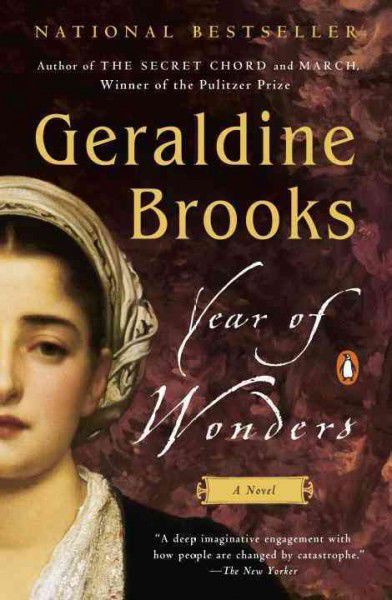



The following spring a large French army, led by the heir to the French throne, John, Duke of Normandy, counter-attacked Derby's forces. Derby was spectacularly successful, winning victories at Bergerac and Auberoche. Edward delayed the disembarkation of his army and his fleet was scattered by a storm, rendering this offensive ineffective. He despatched a small force to Gascony in south-west France under Henry, Earl of Derby and personally led the main English army to northern France. Edward III of England decided to renew the war more vigorously in 1345. BOMC, Literary Guild and QPB featured alternates 8-city author tour rights sold in England, France, Germany, Israel, the Netherlands, Norway, Spain and Sweden.Main article: Hundred Years' War, 1345–1347Įight years after the start of the Hundred Years' War large-scale fighting had died down. With astute marketing, Viking will have a winner here.

6)įorecast: Brooks should be a natural on talk shows as she tells of discovering the town of Eyam, in Derbyshire, in 1990, and her research to unearth its remarkable history. This poignant and powerful account carries the pulsing beat of a sensitive imagination and the challenge of moral complexity. If Anna's existential questions about the role of religion and ethical behavior in a world governed by nature seem a bit too sophisticated for her time, Brooks keeps readers glued through starkly dramatic episodes and a haunting story of flawed, despairing human beings. With the facility of a prose artist, Brooks unflinchingly describes barbaric 17th-century customs and depicts the fabric of life in a poor rural area. As deaths mount, however, grief and superstition evoke mob violence against "witches," and cults of self-flagellation and devil worship. The vicar behaves nobly as he succors his dwindling flock, and his wife, aided by Anna, uses herbs to alleviate their pain. When bubonic plague arrives in the community, the vicar announces it as a scourge sent by God obeying his command, the villagers voluntarily seal themselves off from the rest of the world. Anna works as a maid for vicar Michael Mompellion and his gentle, selfless wife, Elinor, who has taught her to read. Inspired by the actual town commemorated as Plague Village because of the events that transpired there in 1665–1666, Brooks tells her harrowing story from the perspective of 18-year-old Anna Frith, a widow with two young sons. With an intensely observant eye, a rigorous regard for period detail, and assured, elegant prose, Brooks re-creates a year in the life of a remote British village decimated by the bubonic plague. Discriminating readers who view the term historical novel with disdain will find that this debut by praised journalist Brooks ( Foreign Correspondence) is to conventional work in the genre as a diamond is to a rhinestone.


 0 kommentar(er)
0 kommentar(er)
